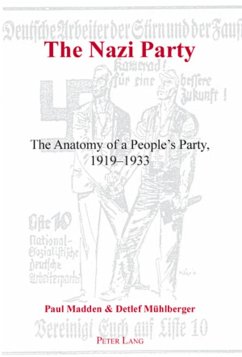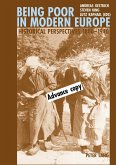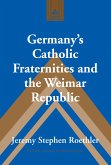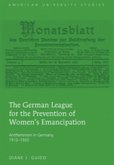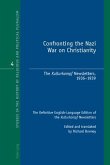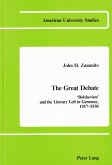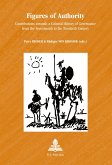The social characteristics of the membership of the Nazi Party have been much debated since the late 1920s. The dominant hypothesis which emerged at the time and which became orthodoxy after 1945 was that the Nazis drew their membership and electoral support almost exclusively from the middle class (Mittelstand), a hypothesis based on virtually no empirical evidence. The research undertaken by the authors since the 1970s at the macro and micro level has been instrumental not only in placing the debate on the sociography of the membership of the Nazi Party on an extensive empirical footing, but also in overturning the received wisdom that the Nazi Party was a pre-eminently middle-class or lower-middle-class movement. The book contains amended versions of a number of pioneering articles on the social contours of the membership of the Nazi Party published by the authors in the 1980s, added to which are new studies examining the social background of members of the Nazi Party recruited in a rural region, in a famous university town, and in one of Germany's most prominent cities. Collectively the studies presented here underline the diversity of the social types which were mobilised by the Nazi Party, which was successful in attracting support from all sections of German society before 1933, making it a people's party (Volkspartei) transcending the class divide, not a class or lower-middle-class affair.
Bitte wählen Sie Ihr Anliegen aus.
Rechnungen
Retourenschein anfordern
Bestellstatus
Storno

